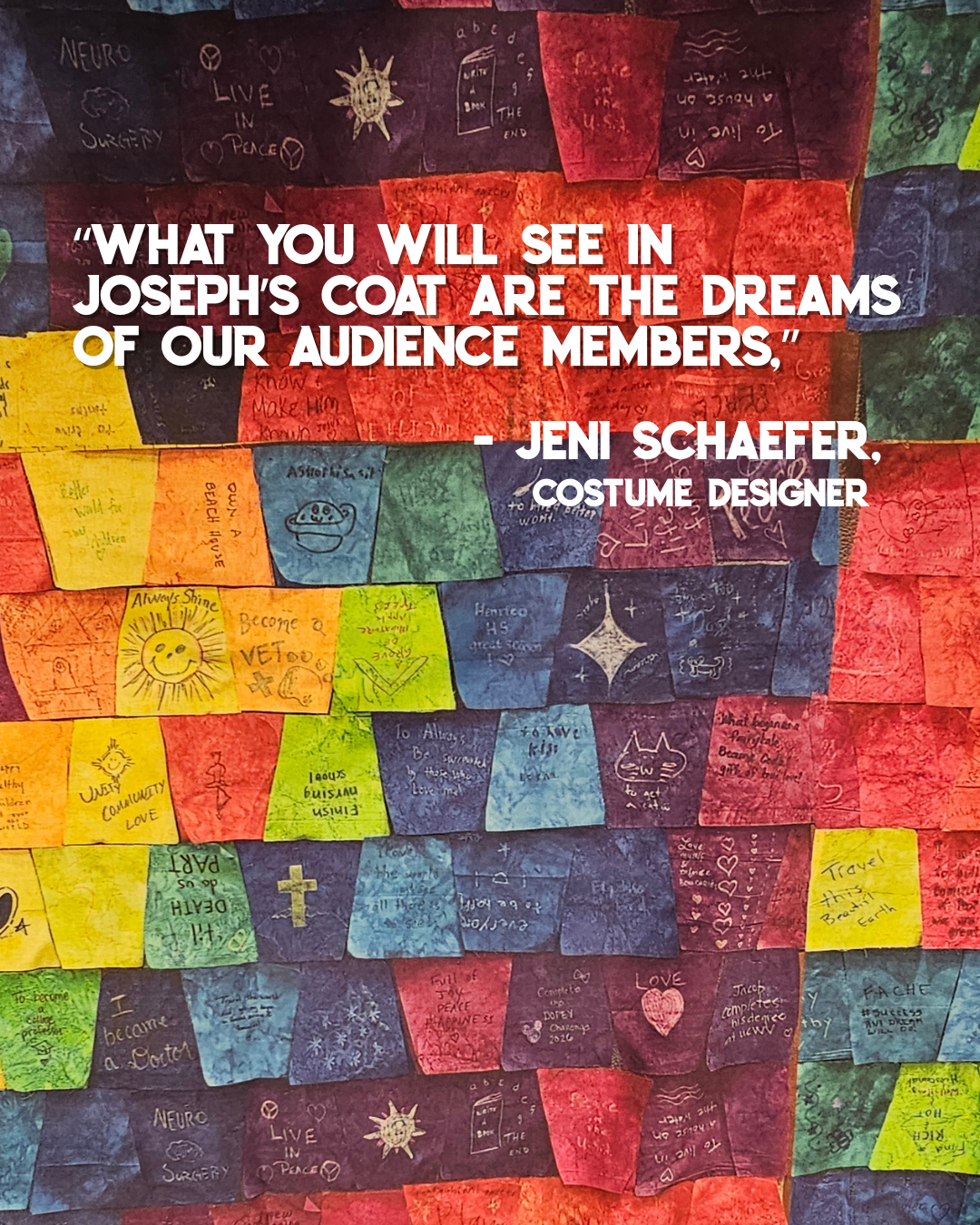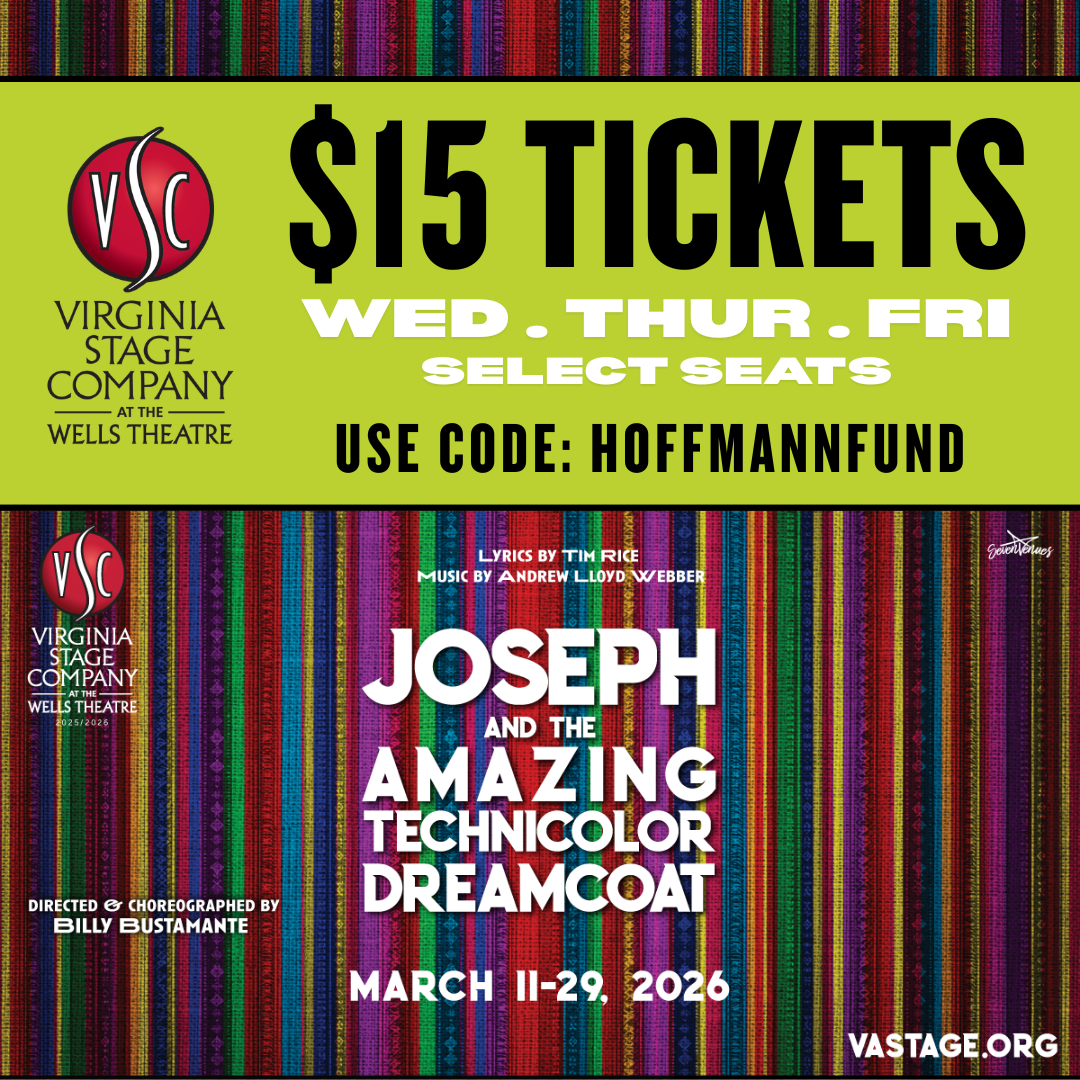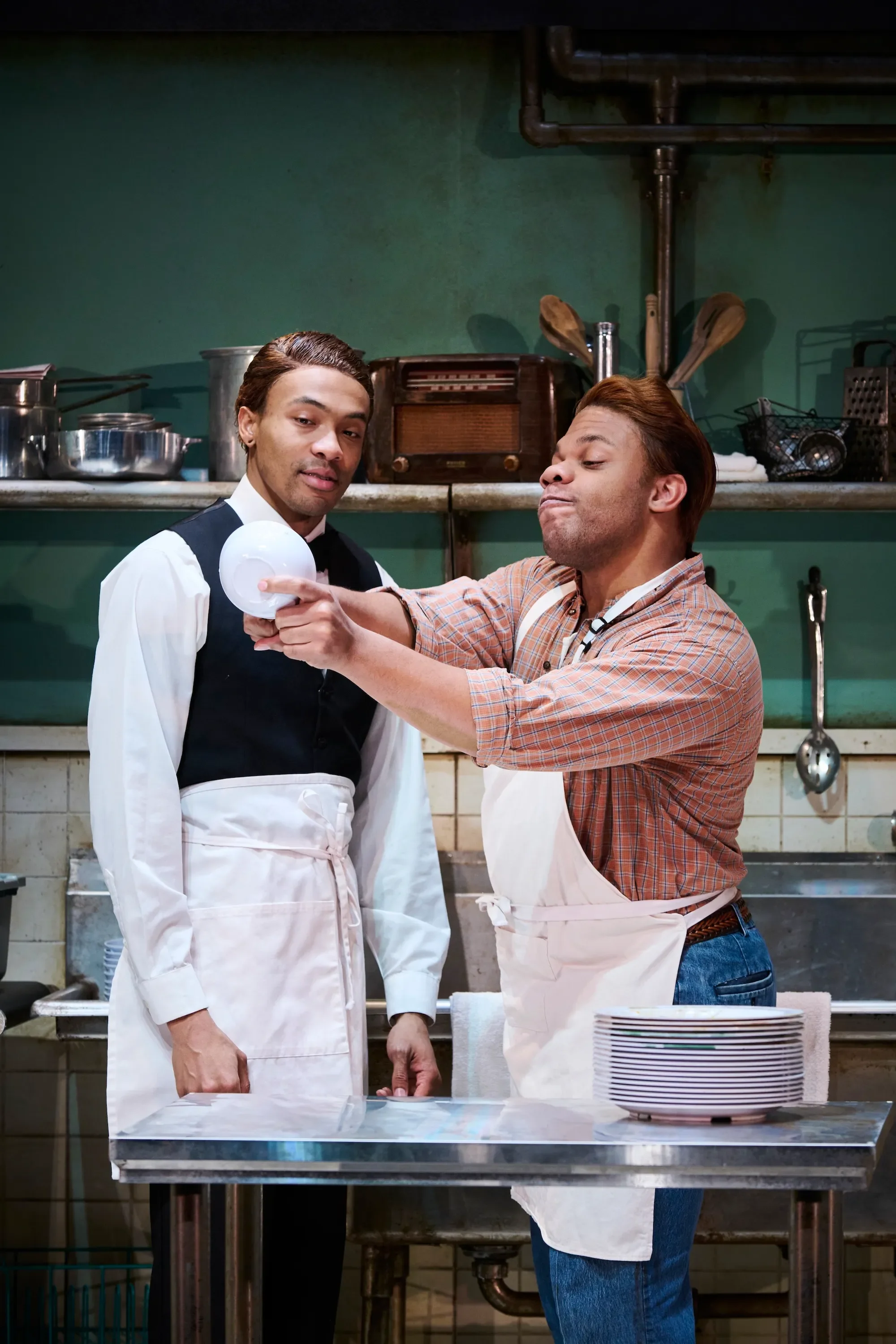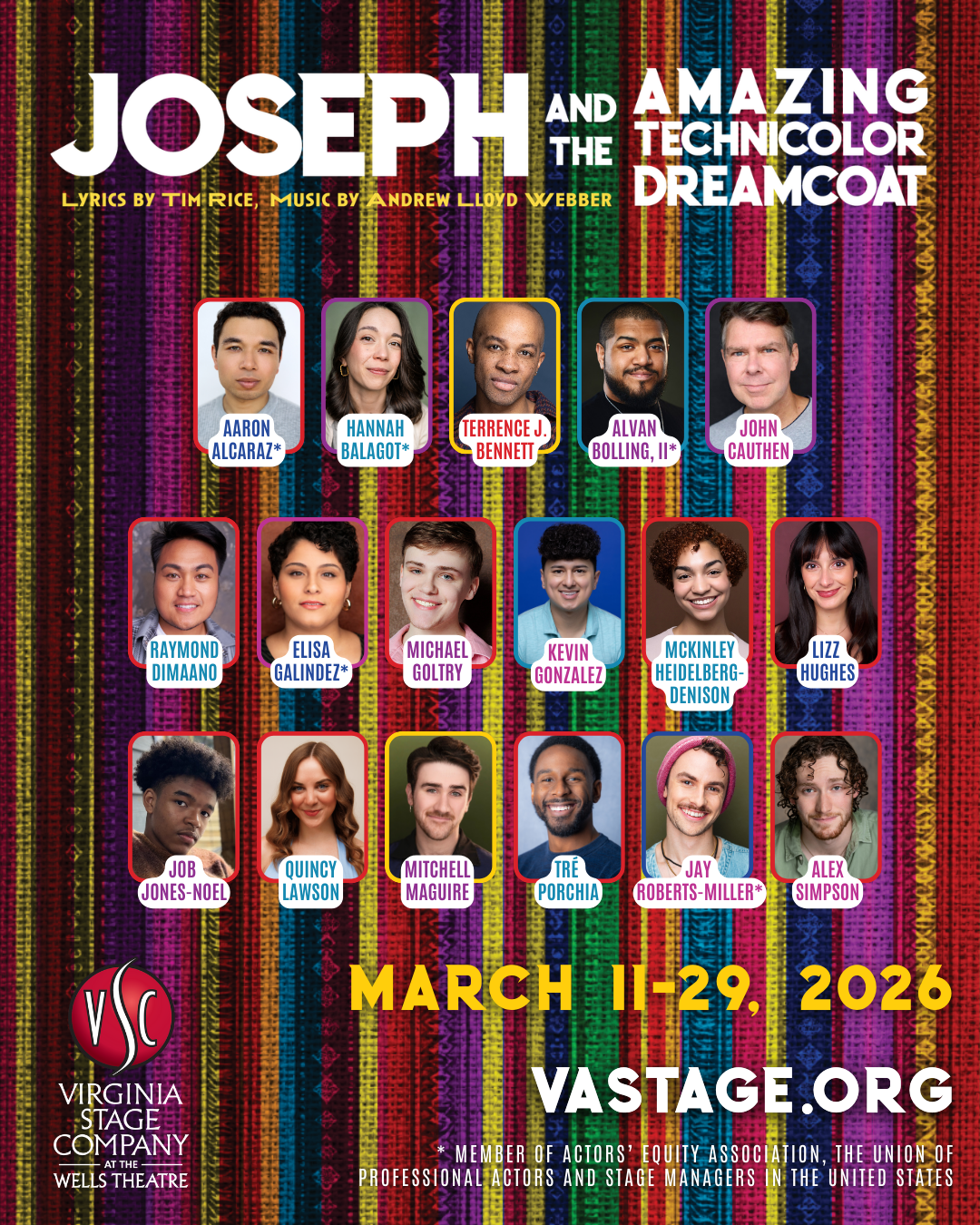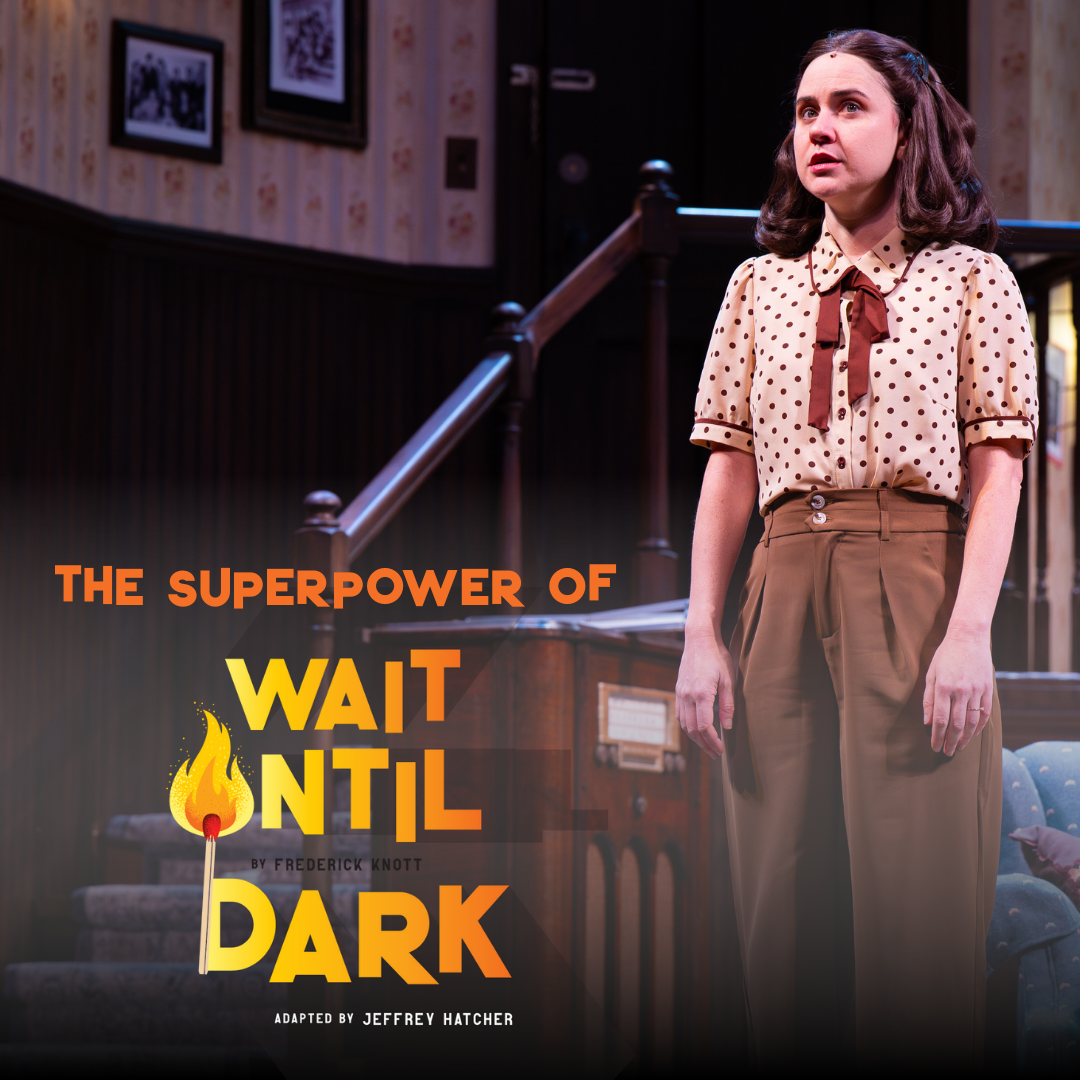Watch the Cast Talk About Malcolm X and Redd Foxx
Before the show arrives at the Wells, take a look at this video created by City Theatre featuring the two actors at the center of Malcolm X and Redd Foxx Washing Dishes at Jimmy’s Chicken Shack in Harlem. They talk about the story, the dynamic between these two legendary figures, and what it’s like bringing a brand-new play to life.
Stitched with Dreams: Inside the Making of Joseph’s Coat
From West End Debut to Worldwide Phenomenon: The Dream That Started It All | Joseph and the Amazing Technicolor Dreamcoat
On this day in 1973, Joseph and the Amazing Technicolor Dreamcoat opened in London’s West End, marking a major milestone in the journey of what would become one of the most beloved musicals of all time. Premiering at the Albery Theatre (now the Noël Coward Theatre), the production helped introduce audiences to the colorful, imaginative world that continues to captivate generations today.
In the clip shared by the Andrew Lloyd Webber Musicals page, lyricist Tim Rice reflects on the origins of one of the show’s most recognizable songs, “Any Dream Will Do,” offering a glimpse into the creative spark that helped shape the musical’s identity. Hearing the story behind the song is a reminder that Joseph began as something simple and heartfelt before growing into an international sensation.
More than five decades later, the music, humor, and spirit of the show still feel fresh. It’s a testament to the power of a great story, a memorable melody, and a dream that refused to stay small.
Now the story continues on the VSC stage. Get you seats today and experience the color, energy, and unforgettable music live at the Wells Theatre.
A Colorful Night Out, Now More Affordable
Review: Washing Dishes, Making History: Friendship, Labor, and Black Life on Stage
Meet the Cast of Joseph and the Amazing Technicolor Dreamcoat
The Superpower of Wait Until Dark
“Starting is always a difficult thing, in any walk in life, but with a play, it looks like this giant mountain to climb. But when you arrive, and as soon as the actors sit at the table… and you hear their voices, and hear the energy, you can start to already see it coming into view…” says acclaimed director and playwright, Mark Shanahan, who is in Norfolk to direct the latest Virginia Stage Company production of season 47, “Wait Until Dark.” We’re inside the side lobby of the Wells Theatre…
Step inside the world of Wait Until Dark.
This collection of images offers a glimpse of the atmosphere that fills the Wells Theatre each night... wary glances, and the quiet sense that something isn’t quite right. The set, the costumes, and the performances all work together to create a mood that feels heavy with anticipation.
But as striking as these photos are, they only capture a fraction of the experience.
Photos by J. Stubbs Photography

